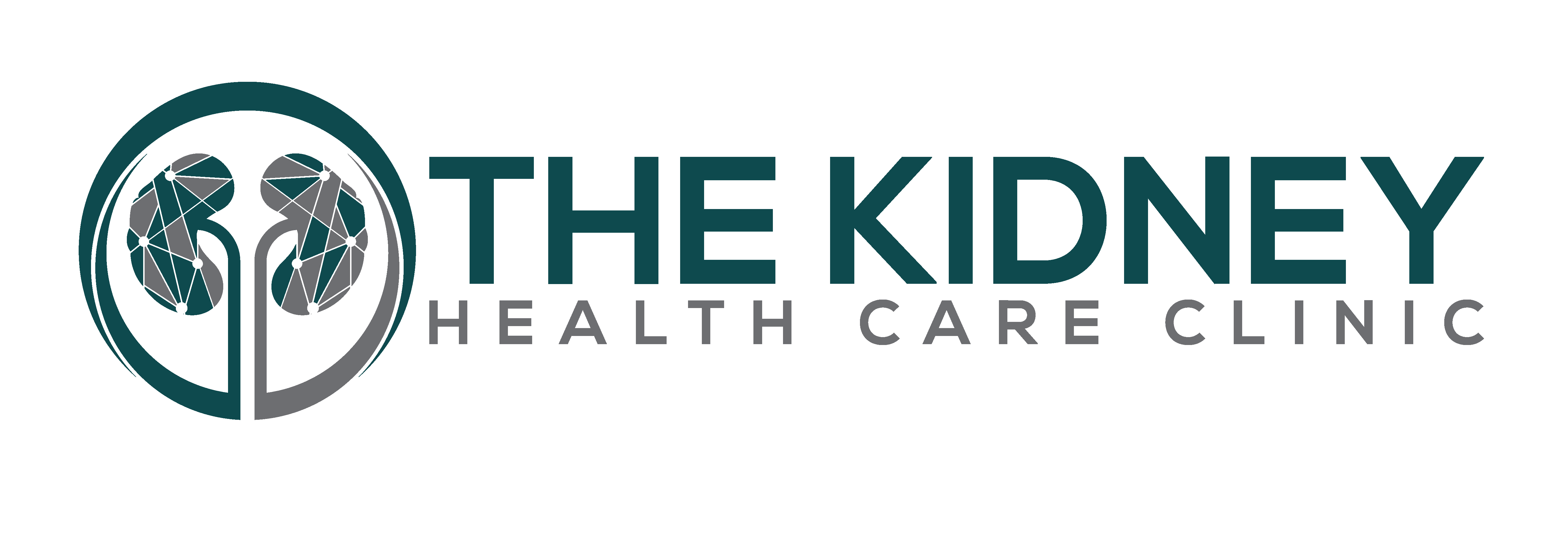Millions of people across the globe suffer from chronic kidney disease (CKD), a health condition that needs to be monitored and treated promptly. Thankfully, there have been tremendous advancements in research and chronic kidney disease treatment options for those affected. This blog will look at some of these improvements and offer encouraging news for those suffering from CKD, as well as their families.
Advances in Medications:
CKD patients around the world have been granted much more hope for better management and slowing down this condition’s progression as a result of numerous developments in medications. Throughout the years, Angiotensin-converting enzyme inhibitors (ACE inhibitors) and angiotensin receptor blockers (ARBs) are predominantly used to control blood pressure levels and proteinuria, a common symptom associated with CKD.
Even more recently, sodium-glucose cotransporter-2 (SGLT2) inhibitors and nonsteroidal mineralocorticoid receptor antagonists (MRAs) have displayed great potential in limiting kidney damage and improving kidney function in those suffering from CKD.
Advances in Dialysis and Transplantation:
Patients with CKD in advanced stages are often treated with either dialysis or a kidney transplant. In recent years, dialysis technology has seen vast improvements that allow for less time-consuming sessions on a more frequent basis and even the possibility of home-based treatments.
In tandem with this, advances in organ transplantation techniques such as living donor transplants and expanded criteria donor transplants have increased access to available organs for those eligible for this option, providing renewed hope for those affected with CKD.
Advances in Regenerative Medicine:
The potential for CKD patients to be positively impacted by regenerative medicine is enormous. This quickly developing field has opened the door to exploring various techniques, such as stem cells, tissue engineering, and others, that can restore kidney function or repair damage caused by chronic kidney disease (CKD).
While still in the early stages of research and development, this newly emerging branch of science provides a glimmer of hope for those with CKD that treatments may become available in the near future.
Advances in Lifestyle Management for better Kidney Health:
Living with CKD requires an altered approach to life (for better kidney health), and making necessary changes in one’s habits can significantly improve health outcomes. For example, adjusting diet by limiting sodium, phosphorus, and protein intake helps slow down the progression of the disease and alleviate symptoms. In addition, exercise plays a role in bettering cardiovascular health, blood pressure, and overall well-being for those with CKD. Additionally, engaging in mindfulness activities or relaxation exercises can help reduce stress levels, which may be detrimental to kidney functioning.
Clinical Trials and Research:
Continued research and clinical trials are furthering our knowledge of CKD and associated treatments. Clinical trials present an opportunity for CKD sufferers to gain access to treatments not yet widely available, engendering a sense of hope and optimism.
Participating in these trials can have a positive effect on the treatment of kidney disease, ultimately culminating in more promising results for those persons with the condition both now and in the future.
Typical Chronic Kidney Disease (CKD) Treatments
Aside from the newest medical advancements made to treat chronic kidney disease, patients would typically get the following treatments:
► Blood pressure management: Medications are prescribed to lower high blood pressure and protect the kidneys.
► Medications to manage symptoms and complications: Medications may be prescribed to address specific symptoms and complications associated with CKD, such as high blood sugar, high cholesterol, anaemia, and bone-related issues.
► Dietary modifications: A special diet low in sodium, phosphorus, and protein may be prescribed to reduce the workload on the kidneys.
► Fluid management: Patients may be advised to limit fluid intake to prevent fluid overload and minimize kidney strain.
► Regular monitoring and follow-up: Ongoing monitoring and follow-up with healthcare providers are essential to track the progression of CKD, manage symptoms, and adjust treatment plans as needed.
